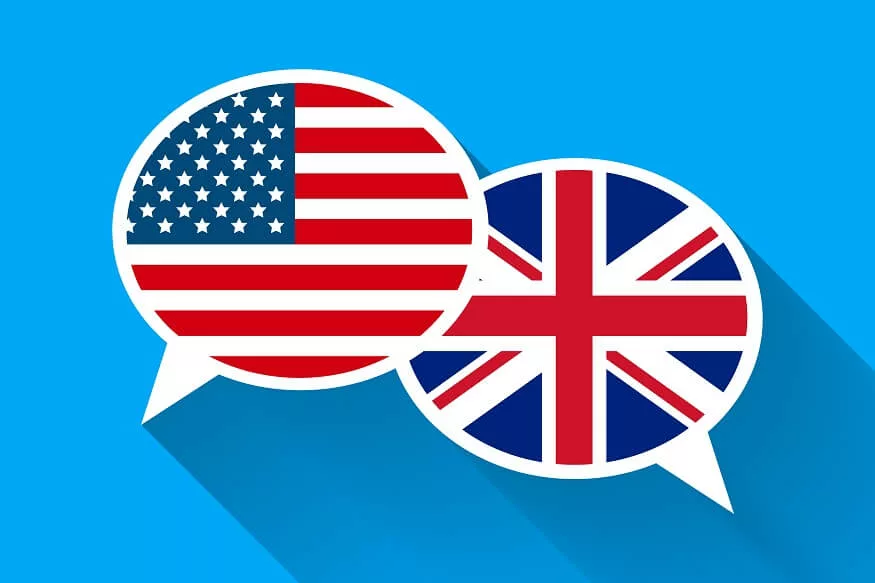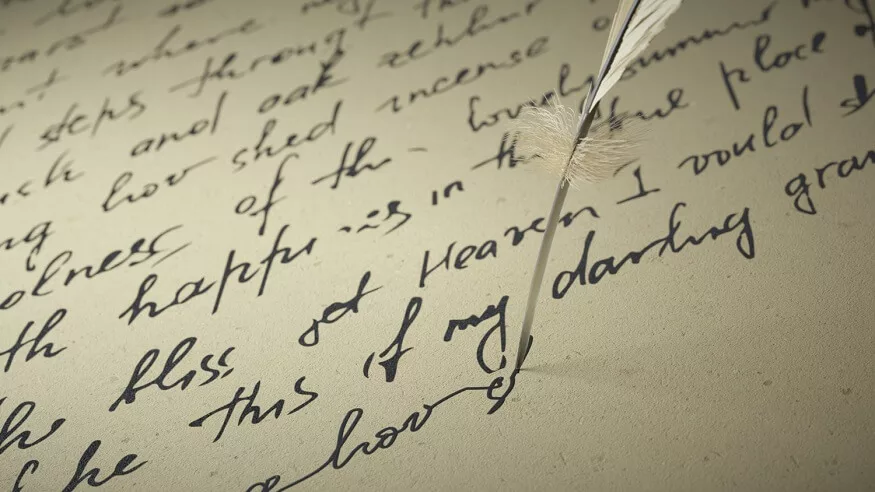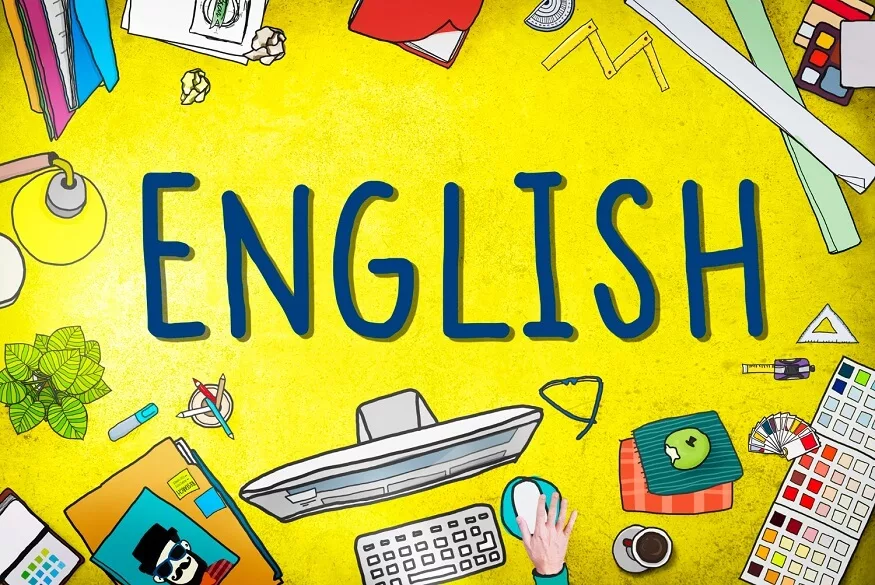English stands as the world’s most spoken language, with around 2 billion speakers. Originating in 5th-century Britain, its early form emerged from Anglo-Saxon settlers. Through British colonialism, English spread to America, Australia, and beyond. The British colonised North America in 1587 and 200 later in 1788, they colonised Australia.
Over the past 250 years, America and Australia have shaped their distinct versions of English. Although similar, British, American, and Australian English have slight variations in vocabulary, spelling, grammar, accents, and pronunciation. Understanding these differences is crucial in academia, politics, and business due to English’s global prominence.
This blog highlights the key distinctions among British, American, and Australian English.
Also Read: Impact Of Technology on English Language Evolution
Pronunciation and Accent
Accent and pronunciation is one of the key differences one can observe between British, American, and Australian English.
- Strong R. The American accent carries a strong R in pronunciation as compared to the British and Australian versions. A simple word “water” brings out this very observable difference in accent where an American will pronounce water with a clearly emphasised R while the British pronunciation will hardly even speak out the R.
- Letter T. Pronunciation of the letter T is another key difference between American, British, and Australian English. The letter T is pronounced as “Tj” in British and Australian English while it is a hard “T” in American English. For example, Tuesday will be pronounced as “Tjuesday” in British and Australian English, and as “Tuesday” in American English. In many cases, the letter T is also pronounced as “D” in American and Australian accents. For example, water is pronounced “Wotah” in British and Australian English, but as “Wadur” in American English. It brings out the subtle difference in the letters “T” and “R” between the three forms. The combination of T and R can also be seen in a word such as “Better”, which is pronounced as “Bettah” in British English, “Beddah” in Australian English, and “Beddur” in American English.
- Letter “O”. This difference is very well brought out in the word “No”, while the British will pronounce it as “neuw”, the Australians as “Neuh”, and the Americans as the regular “No”. The difference between British and Australian “No” is very subtle. The British end it stressing the “w” while the Australians stress the “h” in the end.
- Words ending in “er”. Water again is a good example to illustrate this difference. Another example is the word “Letter” which is pronounced as “Latah” in British, “Ladah” in Australian, and “Ladur” in American English.
Also Read: How to Encourage Children who are not Confident Speaking in English
Vocabulary
Another key difference between American, British and Australian English is their respective vocabulary and spellings. For example, a “Toilet” in British English is “Bathroom” in Australian, and “Restroom” in American English. A “Flat” in Britain is an “Apartment” in Australia and America. A “Forest” in Australia and America is “The Woods” in Britain. “Biscuits” in Britain and Australia are “Cookies” in America. “Sweets” in Britain are “Lollies” in Australia and “Candies” in America. A “Supermarket” in Britain and Australia is called a “Grocery Store” in America.
Also Read: International Olympiad of English Language (iOEL)
Spelling
This is one of the significant differences that anyone who has used any word processor such as Microsoft Word would have encountered, and sometimes struggled against as well. In terms of spellings, British and Australian spellings are similar. The difference arises between British English and American English. For example, “Centre” in British English is “Center” in American English. “Colour” in British English is “Color” in American English. “Organise” in British English is “Colour” in American English. “Analogue” in British English is “Analog” in American English. “Travelled” in British English is “Traveled” in American English.
The key differences to observe here are:
- re v –er. The British will talk about “calibre” while the Americans will consider “caliber”. Liquids will be measured in “litre” in Britain, but in “liter” in America.
- Double Consonants. British English uses double consonants while American English does not. For example, “Counselor” vs “Counsellor”.
- “ae” vs “e”. The British English uses “ae” such as in “anaemia” while American English omits the “a”, thus “anemia”, or “gynaecologist” vs “gynecologist”.
- -ence vs –ense. In British English, it will be “defence” while it will be “defense” in American English. The same applies to “offence” vs “offense”.
- -our vs –or. For example, “odour” and “labour” in British vs “odor” and “labor” in American English.
- -ize v –ise and -yse v –yze. Another key and sometimes nagging difference is -ise vs -ize. For example, they “socialise” in America, but they “socialise” in Britain. Similarly, they “analyse” data in Britain, but “analyze” data in America.
In American English, certain simplifications differ from British English. Jewellery” becomes “jewelry,” and “aeroplane” becomes “airplane” in American English.
Also Read: How to Celebrate English Language Day
Grammar
The difference in grammar among British, American, and Australian English is often subtle and less apparent.
- Collective nouns are plural in British English but singular in American and Australian English, for example “The band are playing” in British will be “The band is playing” in American and Australian English.
- Past tenses are also subtly different. “I learnt” in British and Australian English becomes “I learned” in American English.
- Present perfect tense is another observable difference. For example, “I have eaten dinner already” in British and Australian English simply becomes “I already ate dinner” in American English.
These are some of the subtle differences between the three popular versions of English prevalent in the world. Being mindful of these subtle differences can be extremely useful while communicating in English with folks belonging to Britain, Australia, or America. This aspect becomes especially critical in academic writing when submitting to American or British publications especially. However, most word processors such as Microsoft Word support American and British English, thus helping writers with auto spell checks and grammatical checks.
For more such interesting blogs, Visit EuroSchool.











